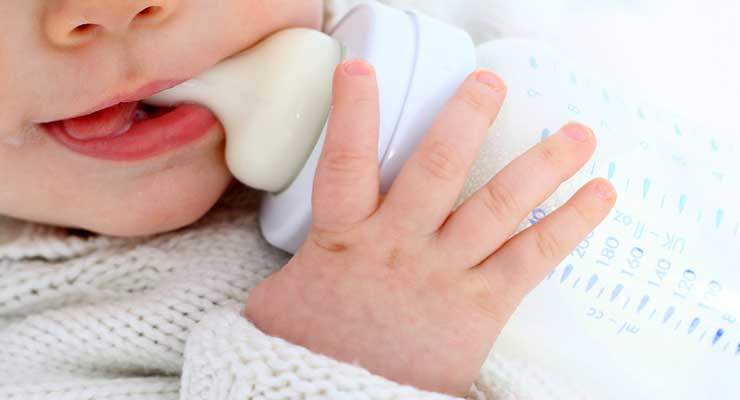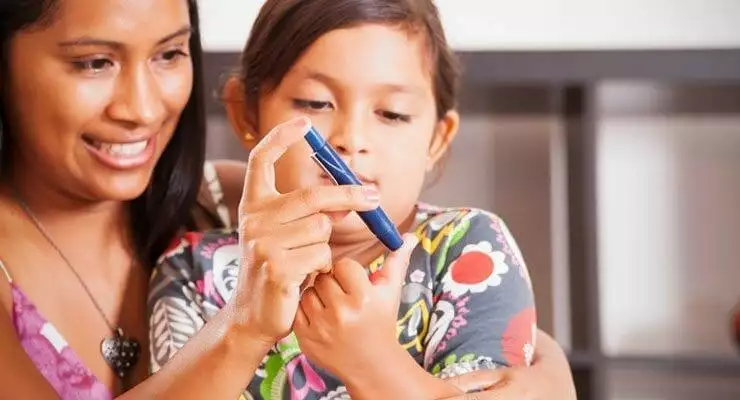Search Results for: abdominal excessive
Signs of Allergies to Infant Formula
If you introduce infant formula to your baby, you’ll probably want to be on the alert for signs of an allergy, especially if allergies run in your–or the baby’s father’s–family. Most infant formula includes cow’s milk or soy products in the ingredients. In cases of infant formula allergies, cow’s milk protein is the most common allergen. Still, allergies to formula are not all that common; according to the U.S. Department of Agriculture, less than 3% of babies in the United States have an allergy to milk protein. Since half of the babies who are sensitive to cow’s milk protein also turn out to react badly to soy, soy-based formula is not necessarily the solution if your baby does turn out to have a dairy allergy. Check with your baby’s physician before switching to a hypoallegenic formula. It may reassure you to know that there’s good chance your baby will outgrow an allergy to infant formula within a few years.
Cures for Toddler Diarrhea
The appearance of toddler stools change in consistency due to diet and overall health. Loose stools don’t always constitute toddler diarrhea, which is also known as chronic nonspecific diarrhea. Childhood diarrhea is watery and usually causes your toddler to have bowel movements more frequently than normal. Diarrhea is often treated at home, but some cases of toddler diarrhea warrant a trip to the doctor.
Toddlers With Chronic Diarrhea
It’s always frustrating when your child is suffering from diarrhea, but especially so when the diarrhea just won’t seem to go away. Chronic diarrhea isn’t caused by the same things that cause acute, or short-term, diarrhea, and the symptoms of the two differ. If you suspect your child is suffering from a condition that may be causing chronic diarrhea, make an appointment to speak to her pediatrician as soon as possible.
Symptoms of Child Diabetes
Normally, the immune system protects the human body from viruses and bacteria.
Flatulence in Pregnancy
Pregnancy causes lots of changes to the body. Increased flatulence is one potentially unpleasant problem faced by expecting mothers. In addition to flatulence, pregnant women often experience increased belching and bloating associated with gas. Changes to your diet and lifestyle can help ease some of the pregnancy flatulence. Gas-relief medication might also be an option if other methods don’t bring you relief.





